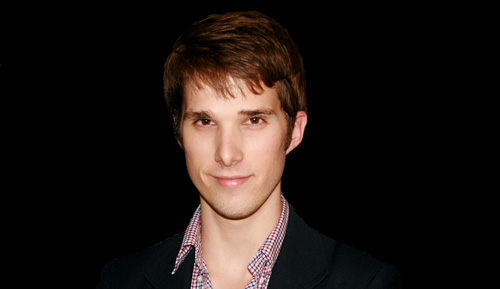On most Saturday nights in the Bywater, The Saturn Bar on St. Claude Avenue swells and thumps with grungy mid-20 year olds; students from Uptown jump out of clunking Cadillac cabs; a parade of kids in worn sneakers with patterned socks, soiled pants and ironic holed T-shirts descend on trusty road bikes.
On campuses and in cafes, kids inquire of each other, “Going to Mod night Saturday?” The allusion to this 1960s British subculture, an offshoot of the beatnik movement, is in name only.
The music of the Mod period (Jamaican Ska, African-American soul, etc.) never resounds in the rafters. Mod kids filled coffee houses after the pubs had closed to listen to records of new kinds of music or to watch political Italian films.
At their prime, these descendants of Existentialism were about social, political and economic change. But these young people — hipsters — lack the radicalism of Mod subculture and even that of the American hippy with its efforts toward civil rights reform.
The hipster is a poor derivative of more noble predecessors; a pathetic post-modern puddle of failed identity realization; children who want to believe they are agents of change.
This hipster generation is also the Obama generation. Though some argue the youth proved political vigor by voting in large numbers for the 2008 election, they voted for a “Yes, we can” ideology compatible with their ignorance.
Corporations who follow hipster culture provided appropriate material: the overt endorsement of Obama from “Rolling Stone” with the cover of the March 2008 issue featuring the then senator illuminated in white light as if a prophet next to the headline, “A New Hope”; American Apparel’s “The Audacity to Hope, 2008” t-shirt; Urban Outfitters’ “Obama: For Yo Mama” t-shirt, an attempt at ironic white gangster speak.
For hipsters, during his campaign, Obama functioned as their culture’s political signifier.
Obama represented superficial progress through his race and his promotion of an idea even the ancient Greeks held suspect: hope. The hipster obsessed over Obama, his racial status more likely, as well as his corresponding rhetoric of change.
Our government was structured so that change or radical power could not easily happen. Hipster culture believes Obama can give them the rebellion their aesthetic is hungry for, the fire of a political movement.
Since his election, hipsters’ naïve passion for Obama has waned as their revelry has no place in day to day affairs of government or more serious matters like healthcare and Afghanistan.
Hipsters voted for magic and received bureaucracy. They proved what they wanted: our generation will elect the first black president.
But now what — was it just another theatric, a way of debunking the Bush conservatism many of these youth were born into?
The hipsters’ weakness is proven by their enthusiasm to rally, followed by their propensity to retreat







